

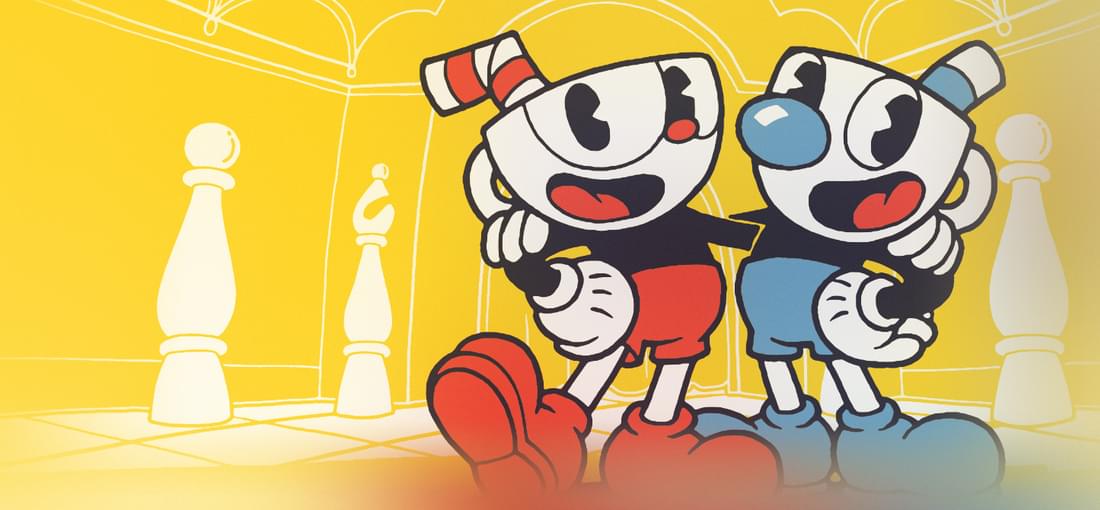
Somehow these maniacs have managed to create a game in which every level, regardless of the order in which you do them, is the hardest level you've played yet. It's a good game if you have excellent patience. It might be fantastic if you love repetition. It's an absolutely infuriating nightmare if you lack those qualities. The key is in how it punishes failure. It doesn't matter if you're 99.999% of the way through a level - the second you lose that last hitpoint, you're back at the beginning. It demands you master each encounter in order to finish it, which means many, many trial-and-error failures as you learn the movements of every enemy in every section. If I told you that you weren't allowed to play a single song on guitar until you can shred like Paul Gilbert, you'd probably stop trying to play because that sucks all the fun out of the experience. Cuphead employs this same principle. It's is propped up by its absolutely amazing art and sound design; without the presentation, I don't think it would have become anywhere near as famous. I can't imagine a single relationship surviving a co-op playthrough.
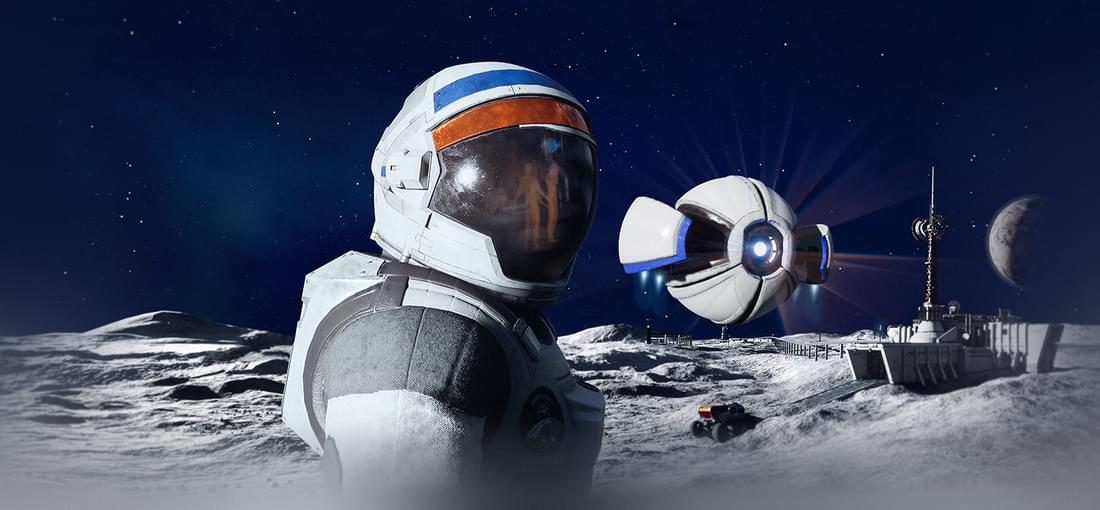
A decent story is, sadly, poorly supported by some fairly tedious and often contrived gameplay. More than anything this is a walking sim in which the game tells you how the story happened, rather than actually involving you in any part in it. The game changes the rules of certain elements from moment to moment to illicit drama, and despite looking rather breathtaking at moments, is altogether still a fairly patchwork experience technically. The game is at its best in the few moments you spend in first-person; the rest of the time you run around in goofy third person for no clear reason, which exposes the poor character animations and weird floaty movement even when under normal gravity. On at least one occasion I looked at an item and encountered a developer note saying that it should be removed. How that was left in a game in which there simply isn't much to interact with is, frankly, baffling. And it's this basic lack of finesse that leads to me say that, despite its story being compelling and well-performed, you're not going to miss out if you never play this. The sequel, Deliver Us Mars, has garnered exactly the same criticisms. It's a shame that there is such lost potential.
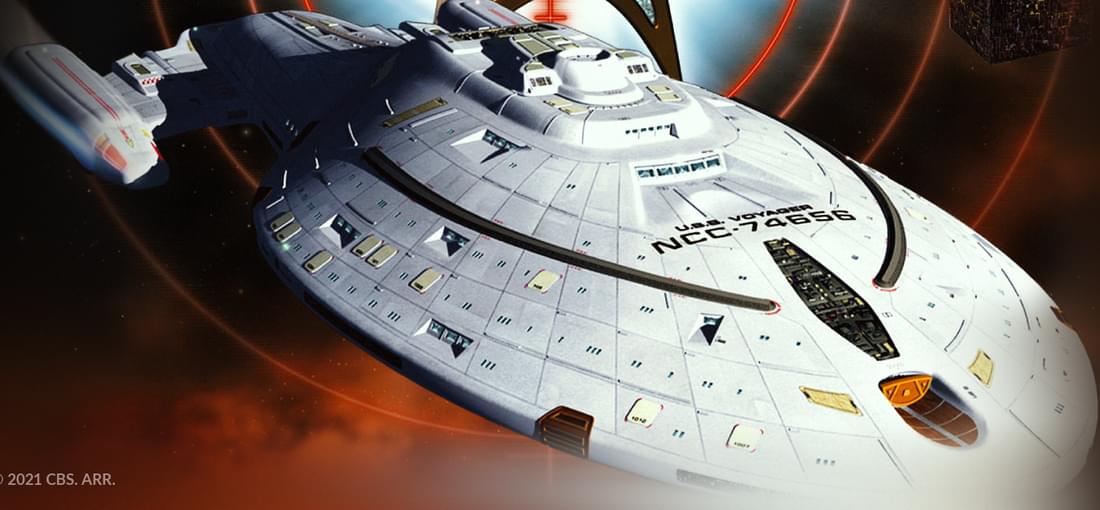
Some talented developers and excellent writers defied all the odds, and with a licensed property and the Quake 3 engine created a timeless FPS classic 23 years ago. If you feel like a good story and great voice acting packaged in a mature and creative shooter then here you go. This was another great FPS that flew far under my radar at the time, but I can't recommend it enough. Even with the block character models, it still looks fantastic given its age, and applying a widescreen patch is easy as pie. Most shocking of all is how much trouble Raven went to in order to make a shooter fit in with the core ethos of the Star Trek world. This is a loving and respectful use of the property, absolutely pitch perfect. Raven really were at the pinnacle of FPS development in the 2000s - this is a classic that should be preserved. What a great game.
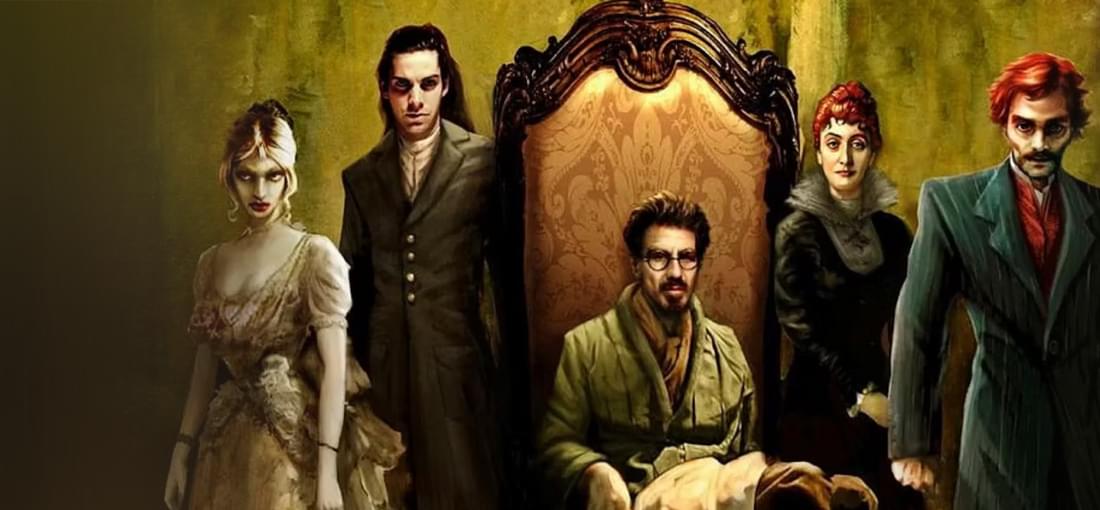
It's been a long time since a game has managed to creep me out, and I certainly didn't expect a 20 year old game that flew far under my radar at the time to be the next one to do it. After a simple widescreen patch it ran perfectly on my modern hardware. For the most part, the writing is exactly what you'd expect from Barker - perfect 80s/90s gothic horror vibes. The accents are largely miserably bad, but the performances are convicted and the sound design and aesthetic combine to create a world that is shockingly evocative and creepy, and a story that hits the right emotional beats and keeps you wanting to know more all the way to the end. The enemies hit hard, and get stranger and stranger, until you feel like the only sane person in a mad house. There are moments of frustration - thankfully rare platforming, and the occasional ramble through a maze-like house - but these were always relatively short-lived. It runs the gamut of gothic horror tropes, but still manages to feel creative and original. The best compliment I can offer is that it feels like staying up all night reading a good pulp horror novel - I couldn't put it down.
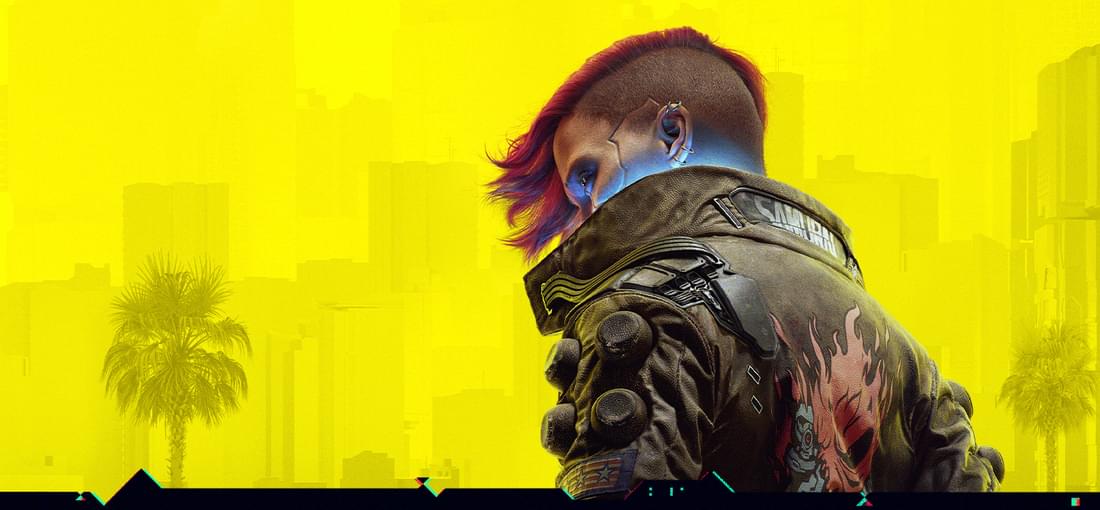
They can patch the performance of this game until the end of time, but no patch will make it anything more than a repetitive, by-the-numbers piece of edgelord fan-fiction that dodges all the satire and social commentary of its source-material until its greatest achievement is in how forgettable it is to play. Imagine what else could have been done with the money they spent on this utterly unremarkable product.
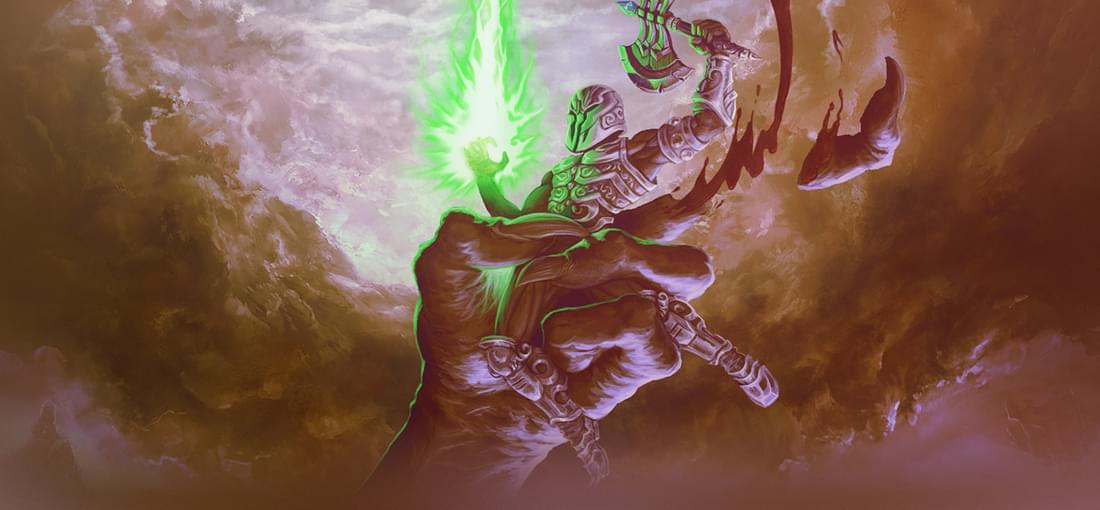
I'm not gonna kid you, Amid Evil is one of the best games I've ever played. Yes it's an homage to the fast-paced nostalgia FPS' of the 90s, but the quality of the game as an entity of its own cannot be overstated. The level architecture is high-polygon, but the textures are essentially pixel-art, creating this incredible hybrid of styles that, when subjected to the quality of modern U4 post-processing and lighting, looks absolutely stunning. The level architecture is inspired and mind bendind. Each world has its own distinct, atmospheric aesethetic that will always remind you of something else, but remain completely unique. There is a sense of alienness to everyting, and yet it all remains entirely believable within the universe of the game. This is in no small part due to the feeling that there was a desire to create levels in which no moment feels rehashed or re[eated. My only criticism would be towards the AI, which is invariable a bum-rush, but it is true to the style of the classics, so not even that can stop me from, and I don't say this lightly, declaring this to be a perfect game. It is one of the few titles that I have ever been able to say is worth every single cent you invest in it. Do it.

I bought Cuphead and Furi together, because I felt in a mood, and while Cuphead is nearly perfect at what it tries to do, Furi is altogether more fun. That's not to say that it isn't without its moments of joypad-crushing frustration, but there's a certain balance applied to the gameplay here that makes the battles long, and tense, but fair. Whereas Cuphead punishes mistakes dearly, Furi gives the player a chance to fight their way back from near defeat. Bosses and players have 'lives' so to speak. Taking away one life changes the way bosses fight, but more importantly, restores your health, and gives you one life back if you've lost any. You'll always start with less lives than the enemy, but if you're down to your last life, managing to whip the enemy before he takes the last sliver of health off you can put you back in the fight. In this way, battles feel like a tennis match - a to and fro in which a moment of resolve and focus can change the course of the match. It's an excellent decision to have made the game like this, and single-handedly turns it into a memorable stand-out. Keep in mind though, the battles can be long - up to 20-30 mins or more if you keep going back and forth. But in this, each fight feels like an epic struggle. My only regret is that this makes it difficult to simply pick up and play, which Cuphead is perfect for.
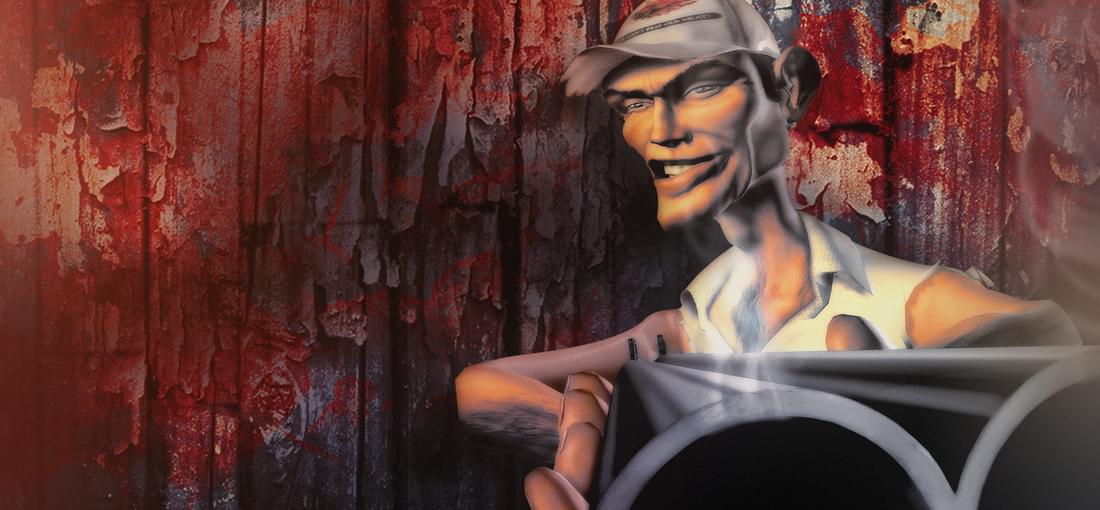
Redneck Rampage is an FPS key-hunt set in within the worst-designed Build engine game ever made. It lacks almost all of the things that made the 90s-era Build games so interesting: buildings are designed either as boring boxes with no interactivity, or convoluted mazes that are frustrating to traverse; the artwork is so poor and low res that it's often difficult to discerne the important features in the ugly, boring world around you; the enemy animations are terrible and stilted, even for the time; and the audio is relentlessly repetitive, which, coupled with the terrible stereo that makes it impossible to tell which direction the sound it coming from, results in a game best enjoyed in silence. Nothing about the gameplay design makes sense either. Dogs take three times as many shots to kill as the humans; shotgun enemies can kill you in seconds from great distances; secret areas are hidden behind walls that look exactly the same as every other wall, meaning that stumbling into them is pure chance; sometimes collectible keys are sprites, but occasionally they're built into the wall textures, and are easy to miss because the textures are awful; and all the keys are indistinguishable from one-another, so you can't ever tell what the key you've collected is supposed to unlock. The fog of nostalgia is quickly lifted once you boot RR up. It is terribly designed - ugly, unintuitive, unbalanced, and tedious. I will, however, give it an extra star for the neat fact that drinking restores health and yet gets you drunk, and food reduces drunkenness but makes you fart, which often turns you into a stumbling ball of gas with a gun. That's hilarious. Redneck Rampage as a whole, is not.
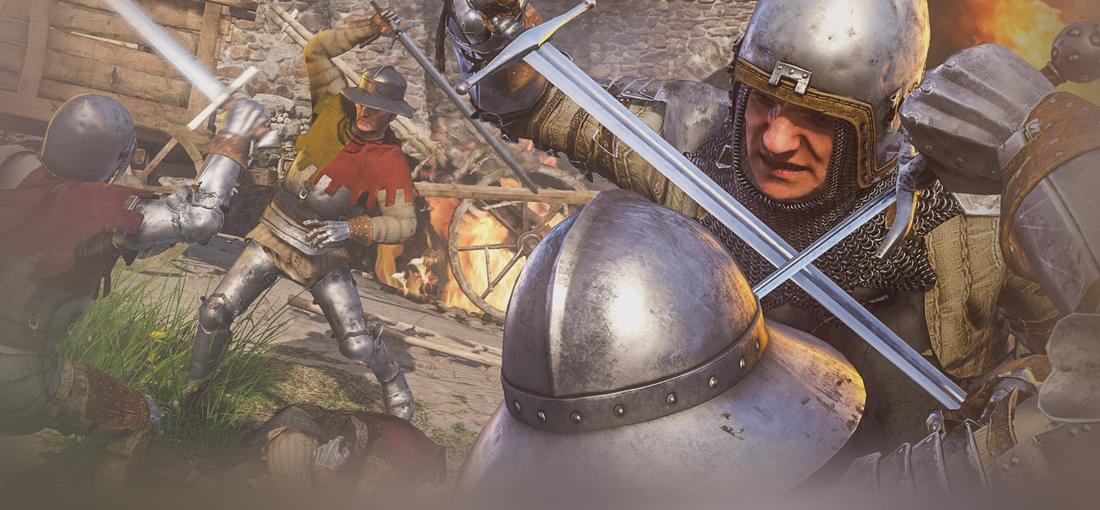
I've played 60 hours, amassed a 40,000 Groschen personal fortune, have the best horse, weapons, and armour that money can buy, and I still got my head caved in by 2 strikes from a roadside bandit. This is the best 'die like a pleb' simulator I've ever played.
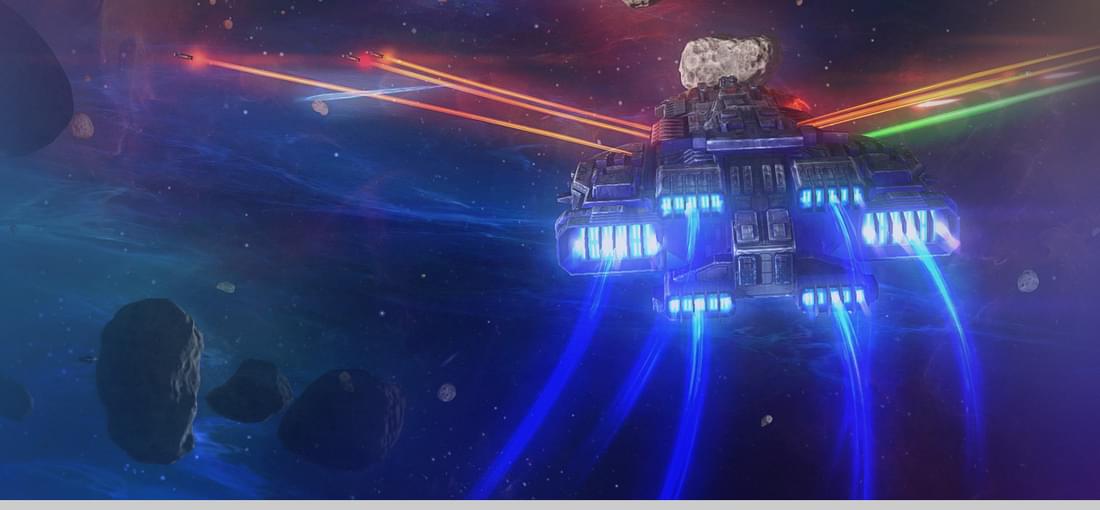
Rebel Galaxy is one of the more fun-focused, arcade-y space tradey, zappy-laser combat sims out there. It's very much a pick-up-and-play experience, and you won't be punished for putting it aside and forgetting how to control your ship. The soundtrack is fantastic, full of dirty blues rock and hard country songs that set a wonderful tone, although there aren't quite enough songs to fill the many hours you're likely to spend playing. Although some people make a big deal out of it, I didn't find the single plane of movement to be a major hindrance - it appears to me simply a design choice motivated to facilitate the broadside-focused combat. And while it's lighter on the simulation side of things than say, EVE, or Elite: Dangerous, or the Starpoint series, the concessions it makes help it avoid some of the frustrations inherent to those games. You may occasionally find the challenge plateauing, and that's when you can feel the grind, but most of the time there's enough of a sense of purpose in the story to keep you involved. Also, the ability to interact with and change the various scenarios that may affect a space station or outpost - for instance, by intercepting an invasion force, or robbing a treasure ship packed with alien artefacts - makes the world feel delightfully alive. Rebel Galaxy is loaded with personality whilst still retaining the features and feel of what makes the space-exploration-combat-trade games so entertaining. If you're looking for a hardcore space sim, I'd look elsewhere, but for those not interested in having to memorise an actual flight manual in order to learn how to play, this might be the one for you.